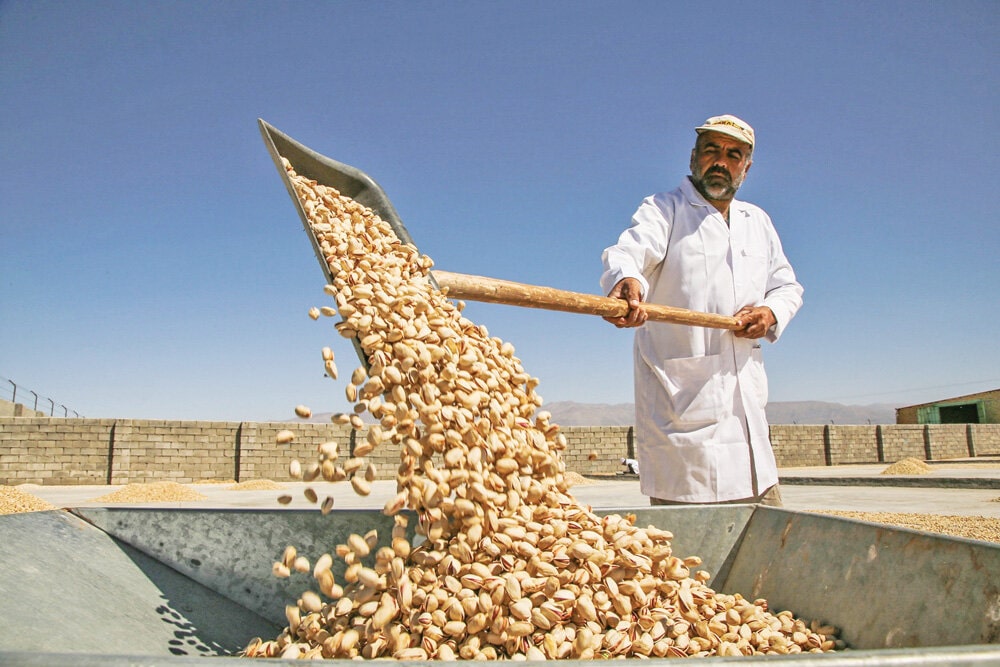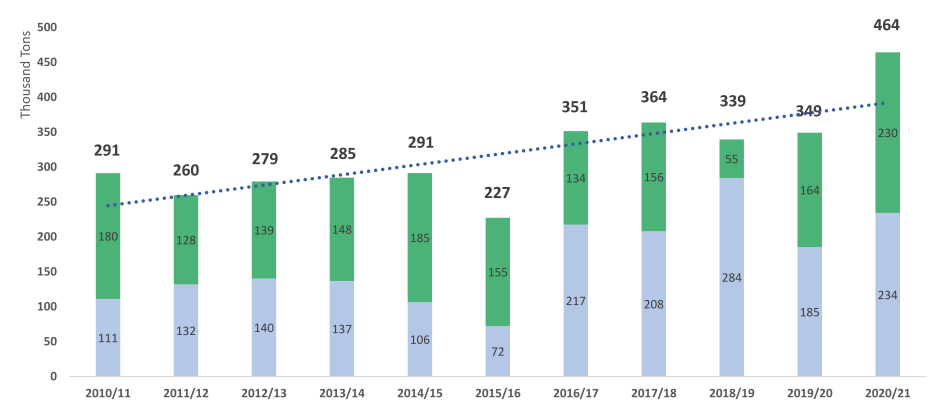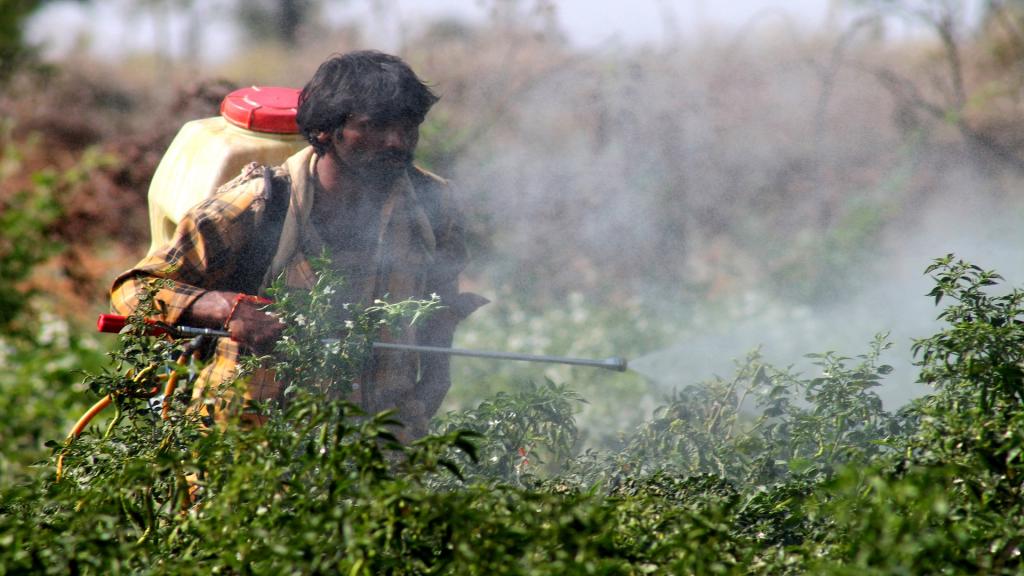Allergy to pistachio nuts
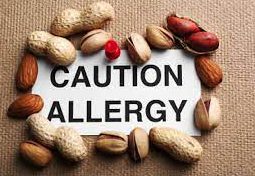
The Facts You Need to Know About Pistachio Allergy
Allergies are body reflections that can occur for numerous reasons. When the immune system reflexes against unknown substances, hypersensitive reactions are triggered. Most people have experienced these kinds of body reflections once during their lifetimes.
Nut allergies are common in food reflection categories. People may be allergic to nuts, including peanuts, almonds, walnuts, hazelnuts, pecans, macadamia nuts, and Brazil nuts. If you are allergic to one type of tree nut, you could also be allergic to others. Various kinds of tree nuts are often in the foods, so it can be hard to avoid them all. Don’t forget that you can still have other nut allergies despite being able to eat some nuts.
Pistachio allergy affects around 2 in every 100 people, which means that it is not a rare allergy. The reflections can be duo to the cashew or the tree. As a result, some people are allergic to the pistachio tree or the farm atmosphere, while others are only allergic to the nut. Or both. Pistachio allergy usually occurs when the body’s immune system reacts to proteins. Hypersensitivity to the proteins in the seed of the pistachio plant. Allergy sufferers may be allergic to nuts that are similar in proteins. Unfortunately, many people assume one type of nut allergy means all nuts are banned. That is often far from true.
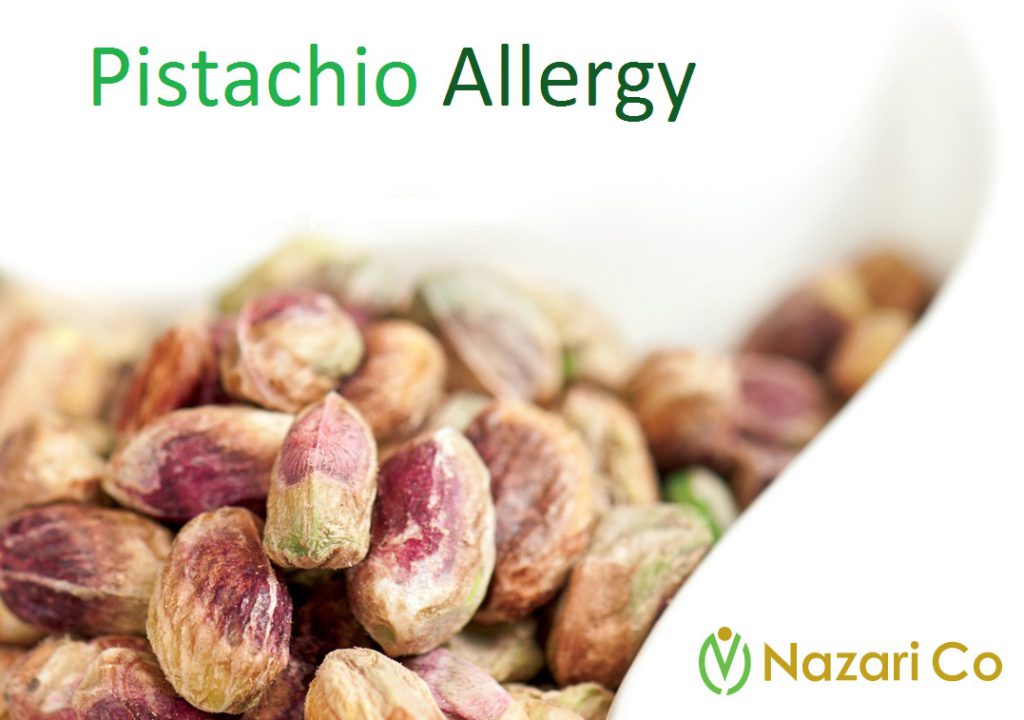
What can you do if you have an allergy to pistachios?
To diagnose a pistachio allergy, you need to ask about symptoms, perform allergy tests, and see whether the symptoms go away when you don’t eat tree nuts. If you have a pistachio allergy, there are ways to treat and deal with it. That means not eating them and not coming into contact with them. That may seem obvious, but you should be careful not to consume them by mistake. Even so, if you eat them, you can take appropriate actions to reduce the symptoms.
If you are allergic to pistachios, you should seek medical care immediately. Drink lots of water. That will help to flush the allergen out of your system. Or take an antihistamine to help reduce swelling and itching. In the case of acute symptoms, you have to use an Epinephrine injection.
The best way to determine your allergy is to take allergy tests. If you are allergic to pistachios, you should manage your allergy. Your doctor may prescribe medication to assist in controlling your symptoms and minimize the severity of the reactions.
How do we diagnose pistachio allergy?
To help diagnose a pistachio allergy, your doctor may perform the following tests:
- A skin prick test is the most typical method for identifying food allergies. In this test, a small amount of the suspected substance prickled onto your skin. You are then; checked for signs of allergic response. A positive test proves you are already allergic to pistachios. Or any symptoms in the past. However, a negative test does not mean that you are not allergic to pistachios. Maybe your allergy has not yet been triggered or is unknown at this stage.
- The blood test also determines food allergies, as it involves assessing levels of antibodies in your bloodstream that indicate an immune reaction to a specific allergen. Blood tests can detect whether or not a person has antibodies against particular proteins found in pistachio nuts.
- An elimination diet is also called an elimination challenge. During this procedure, you’ll eliminate the allergenic substance from your diet and monitor any changes in symptoms over time. If symptoms worsen after reintroducing them to the diet, Or if they don’t, recur ever. The presence of an allergy is likely to be confirmed only by the elimination challenge. However, additional testing should still be done; on a case-by-case basis before assuming there is no connection between what you eat and how you feel!
Symptoms of a Pistachio Allergy
Symptoms of a pistachio nut allergy may include hives, breathing problems, and anaphylaxis. The symptoms can range from mild to severe, and in some cases, they can be life-threatening. The most common symptom is itching or swelling of the lips, mouth, or throat. Other symptoms can include wheezing, nausea, vomiting, and diarrhea.
The best way to prevent an allergic response is to avoid pistachios. If you experience some of these symptoms after consuming pistachio nuts or being near a pistachio tree, please visit a doctor immediately.
In severe cases, anaphylactic shock can occur. The first documented case of anaphylaxis caused by pistachios had reported in 1997. Anaphylaxis is an acute allergic reaction that can happen after eating pistachios. Symptoms of anaphylaxis include nausea, vomiting, and diarrhea. Anaphylaxis occurs within minutes of consuming pistachios and may be life-threatening. That is a medical emergency and requires immediate treatment. You should seek emergency medical attention if you suffer severe or worsening symptoms after eating.

Symptom relief
Your doctor may ask you to take one of the following medicines:
- An Epinephrine injector uses for signs of an acute symptom. It is also known as anaphylaxis. Make sure your family members know how to administer it in a crisis.
- An antihistamine may ease minor symptoms (e.g., itching); however, they do not stop the progression of an allergic response.
- Bronchodilator (albuterol) is an add-on treatment for respiratory symptoms. And it is utilized in patients with a history of bronchospasm or asthma.
Emergency Plan
Do not hesitate if you are with someone who is allergic and showing signs of shock. Look for pale, cool, clammy skin, a weak, rapid pulse, difficulty breathing, confusion, and loss of consciousness. Take the following actions immediately:
- Call your local emergency services.
- Assure that the patient is lying down and their legs had elevated.
- If there are obvious signs of anaphylaxis, administer epinephrine immediately.
Check the pulse and breathing of the patient. If necessary, perform cardiopulmonary resuscitation or other first aid measures.
Exposure reduction
Your allergist will let you decide whether immunotherapy might be helpful or not. Immunotherapy involves; gradually increasing your exposure to the allergen. And to reduce your reaction and risks.
Allergic reactions have caused by antibodies that react with substances called antigens on the surface of cells. Pistachio nuts contain both antigens and antibodies. So immunotherapy will not eliminate this immune system response. But will lessen its hazard and risks. Reduction of exposure:
- Avoid eating pistachio nuts.
- Avoid contact with pistachio nuts.
- Avoid inhaling or breathing in pistachio nut dust.
- Avoid touching pistachio nuts.
- Pay attention to the components labels on ingredients.
- Cookware and kitchen utensils can be exclusive to allergic individuals.
- Talk to your family, friends, colleagues, and restaurant chefs about any allergies you may have.
- Avoid desserts as they often contain or have been exposed to food allergens.
- Always carry recommended or emergency medications with you.
- Infant allergy sufferers should know which foods and ingredients to avoid. And inform the healthcare professionals and school staff about their allergies.
Labeling; A detail in pistachio allergy
If you are allergic to pistachio nuts, read the labels on packaged and processed foods. Notice the ingredient and warning labels on food items. And avoid all foods and products that contain any allergens. Pistachio nuts can list as “pistachios” or “pistachio butter.” Be aware that all pistachio forms can cause a reaction in allergy suffers.
Pistachios are a savory ingredient in baked goods, ice cream, candy, pasta sauce, and other foods such as energy bars. They are also used in soups and stews because their unique flavor enhances the taste of these dishes.
Be aware that the ingredient labels may not appear on the same side of food packaging. And manufacturers often change ingredients. If you can’t get the factor label, it is more secure to avoid that object.
Avoid products with the following ingredients:
- Pistachio oil
- Pistashooms (a type of mushroom)
- Pistacchio (Italian for “pistachio”)
Read food labels and contact manufacturers with questions about ingredients. Food labels are not always accurate. Make sure people know about your allergy when in a group, especially at restaurants. Share your allergy with family, friends, and teachers.
Pistachio Allergies in Adults and Kids: What You Need to Know
The answer to the question “Can you suddenly become allergic to the nuts?” would be yes. A person may develop an allergy to pistachios at any age, even if they have consumed them for many years with no problems. Food allergies can develop at any time in a person’s life. There is no need for a previous record of pistachio allergy to broaden one. Pistachio allergies can occur at any age, even in infants. But allergies are more common in children than adults and usually diminish by adulthood. However, it seems; that pistachio allergies are much less common in adults than in others. As a result, any food can cause a food allergy. People who have questions about a possible food allergy should see an allergist for a proper diagnosis.
Conclusion
In conclusion, if you are allergic to pistachio nuts, be aware of the symptoms and avoid eating them. Take antihistamines or medication treatments. Or stay away from; coming into contact with pistachio nuts and trees as much as possible.
Nuts play a significant role in your nutritional intake. And are also commonly used in many recipes. Eliminating all nuts from your diet is not recommended, but your allergist can provide detailed tips after allergy testing.



